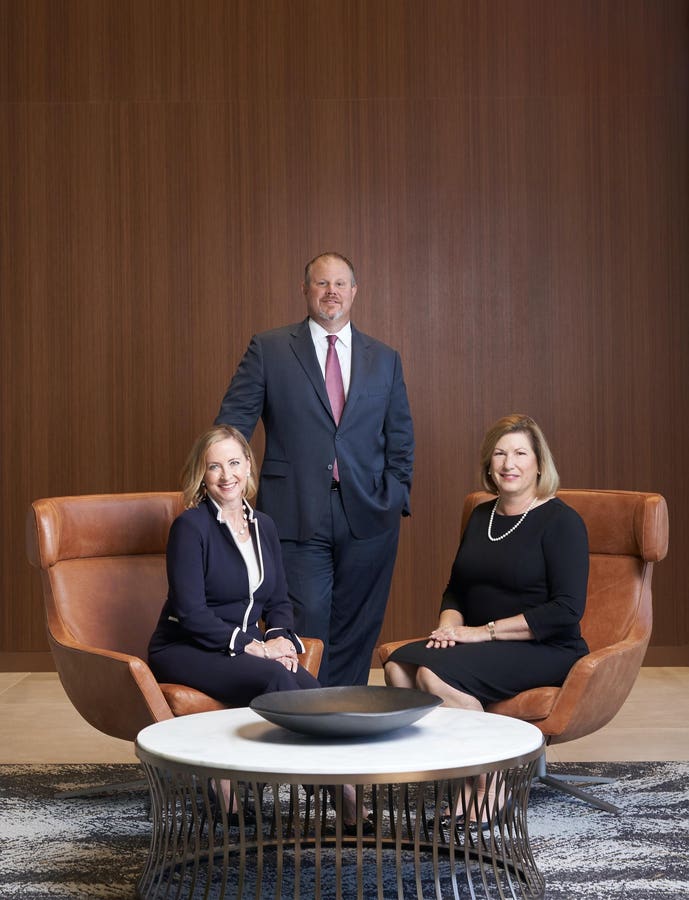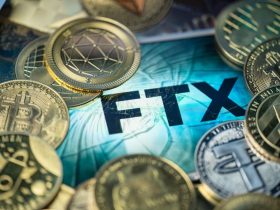Team Name: Stephans Van Liew and Oiler Group
Firm: Graystone Consulting from Morgan Stanley
MS
Senior Members: Kristina Van Liew, Linda Stephans, Erik Oiler
Location: Chicago, IL
Team Custodied Assets: $8 billion
Forbes Rankings: Top Wealth Management Teams Private Wealth, Best-In-State Wealth Management Teams
Background: Linda Stephans and Kristina Van Liew first began working together while at Northern Trust
NTRS
Competitive Edge: Van Liew cites her team’s role as an early pioneer in the impact investing field several decades ago as a significant competitive advantage. “We have a simple goal—trying to help families and large endowments to grow not only their financial capital but also their social capital,” she says. “We‘ve been fortunate to have a front row seat but also a loud voice as this whole area of specialization has continued to evolve.” The vast majority of the team’s $8 billion in managed assets are invested in a way that aligns with a client’s values or social and environmental priorities. Generating a positive social or environmental impact with client assets may be much more time consuming work and also requires more specialized resources and a truly holistic approach, but it actually creates better performance and downside resilience for clients over the long run, the partners say.
Investment Philosophy/Strategy: The team uses a comprehensive investment philosophy that relies on heavily customized programs built from the ground up for each client. “The goal is to deliver on both ends—achieving financial outcomes but also moving the needle for social and environmental causes clients care about,” says Van Liew. “Our fundamental philosophy is really based around an endowment model that embraces strategic asset allocation first and foremost with an emphasis on broad diversification.” For some wealthy clients, that may mean public investments, while for institutions, the team may use a variety of complementary private market or alternative investments, for example. The team also doesn’t manage money themselves, instead doing the due diligence to seek out specialist third party managers in every asset class—with over 400 manager meetings last year alone. “Finding these best-in-class third party managers has really helped our clients weather choppy and unpredictable markets,” adds Stephans. “Our priority is to understand and respond to each of our clients’ unique and specific needs in a collaborative and educational spirit that is fully customized and puts the clients at the center.”
Investment Outlook: Both partners emphasize how important it is to deflect the noise of the moment and stay focused on a long term strategic plan. “We think the road ahead will remain challenging for a period of time before it gets better,” says Van Liew. “We do expect rates to stay higher for longer and this is something that the market has not fully digested yet.” The team predicts that volatility won’t go away anytime soon with likely a more muted outlook for public equities over the next several years. “We are focusing on managers who are quality oriented—manager selection has been our golden ticket,” says Van Liew, while Stephans adds, “it’s important to be nimble and be prepared to navigate continual change.”
Read the full article here













Leave a Reply